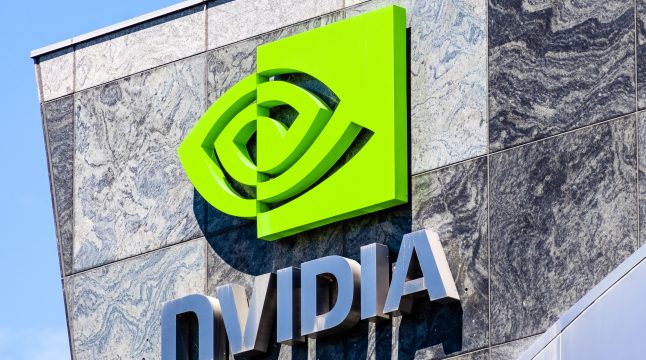
Why are Nvidia’s Shares Dipping in Premarket: China Puts on Legal Pressure
Nvidia Corporation (NASDAQ: NVDA) faces mounting regulatory pressure from China as the country’s market regulator announced Monday that the chip giant violated anti-monopoly laws in a preliminary investigation. The State Administration for Market Regulation (SAMR) found that Nvidia breached China’s antitrust regulations related to its 2020 acquisition of Israeli networking company Mellanox, though specific details of the alleged violations were not disclosed.
This development has sent Nvidia shares down approximately 2.5% in premarket trading to $173.36 as of 5:07 AM EDT, highlighting the ongoing tensions between the world’s largest AI chip maker and one of its most crucial markets.
China Finds Nvidia in Breach of Antitrust Regulations
China’s investigation into Nvidia centers on the company’s $7 billion acquisition of Mellanox Technologies in 2020, a deal that was originally approved by Chinese regulators with certain conditions attached.
The SAMR’s preliminary findings suggest that Nvidia violated the terms of that approval, though the regulator has not specified the exact nature of the breach. This marks a significant escalation in China’s scrutiny of foreign technology companies, particularly those involved in the semiconductor industry that has become central to U.S.-China trade tensions.
The timing of this announcement is particularly significant given the broader context of semiconductor export controls and trade restrictions that have shaped the relationship between Nvidia and China over recent years.
China represents a massive potential market for Nvidia, with the company estimating it could eventually generate $50 billion in AI chip sales in the country. However, these ambitions have been repeatedly constrained by export restrictions imposed first by the Biden administration and later reinforced under the Trump presidency, creating a complex web of regulatory challenges for the company.
The regulatory pressure comes at a time when Nvidia has been working closely with the Trump administration on developing new computer chips specifically designed for sale to China, representing a potential pathway to access this lucrative market while navigating existing export controls.
The company has also agreed to share 15% of its revenues from chip sales to China with the U.S. government as part of a deal to secure export licenses, demonstrating the high stakes involved in maintaining access to Chinese markets.
Join our Telegram group and never miss a breaking digital asset story.
Nvidia Shares Dip in Monday’s Pre-Market Trading Session
Nvidia shares opened Monday’s premarket session at $173.36, down $4.46 or 2.51% from Friday’s closing price of $177.82. The decline comes despite the company’s strong recent performance, with shares up 32.44% year-to-date and an impressive 49.30% gain over the past twelve months.
The company’s financial metrics continue to demonstrate remarkable strength, with a market capitalization of $4.33 trillion and trailing twelve-month revenue of $165.22 billion. Nvidia’s profit margin stands at an impressive 52.41%, while its return on equity reaches 109.42%, reflecting the company’s dominant position in the AI chip market.
These strong fundamentals provide some cushion against regulatory headwinds, though investors remain concerned about the potential impact of prolonged restrictions on Chinese market access.
Analysts maintain largely positive sentiment toward Nvidia despite the regulatory challenges, with average price targets of $208.59 representing significant upside from current levels. The company’s forward price-to-earnings ratio of 39.68 suggests continued growth expectations, though this valuation also makes the stock vulnerable to any developments that could threaten future revenue streams, particularly those related to the Chinese market where Nvidia sees substantial long-term opportunity.
Disclaimer: The author does not hold or have a position in any securities discussed in the article. All stock prices were quoted at the time of writing.




